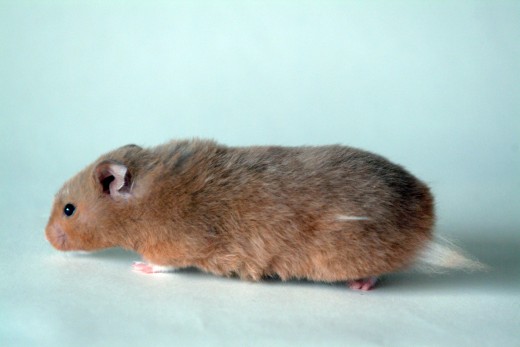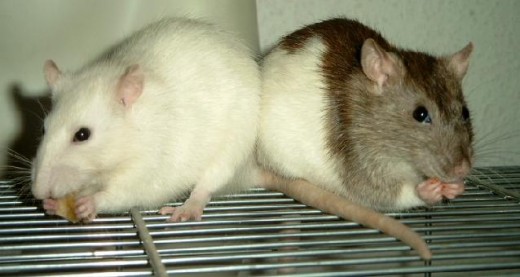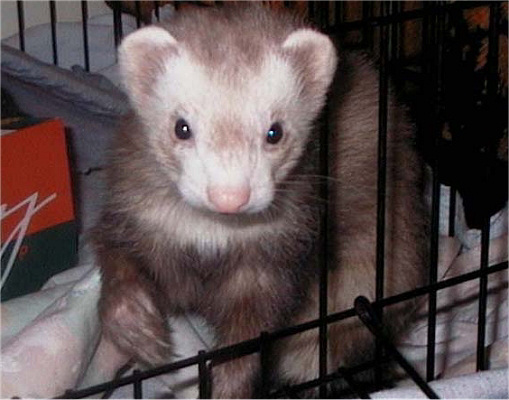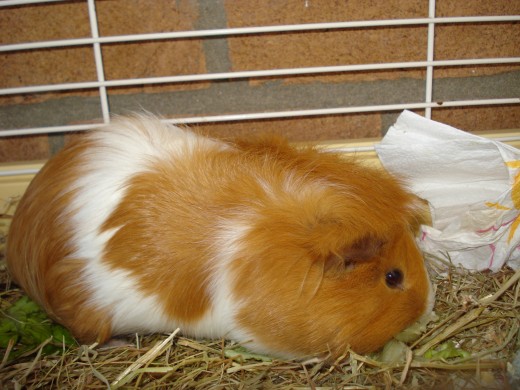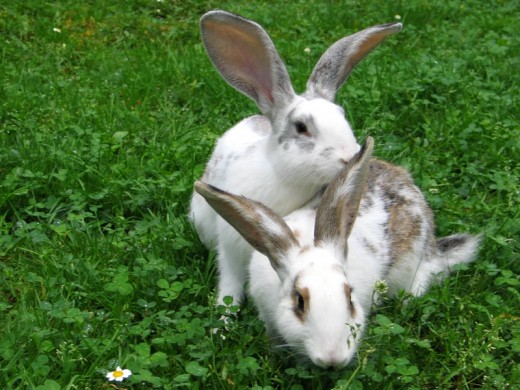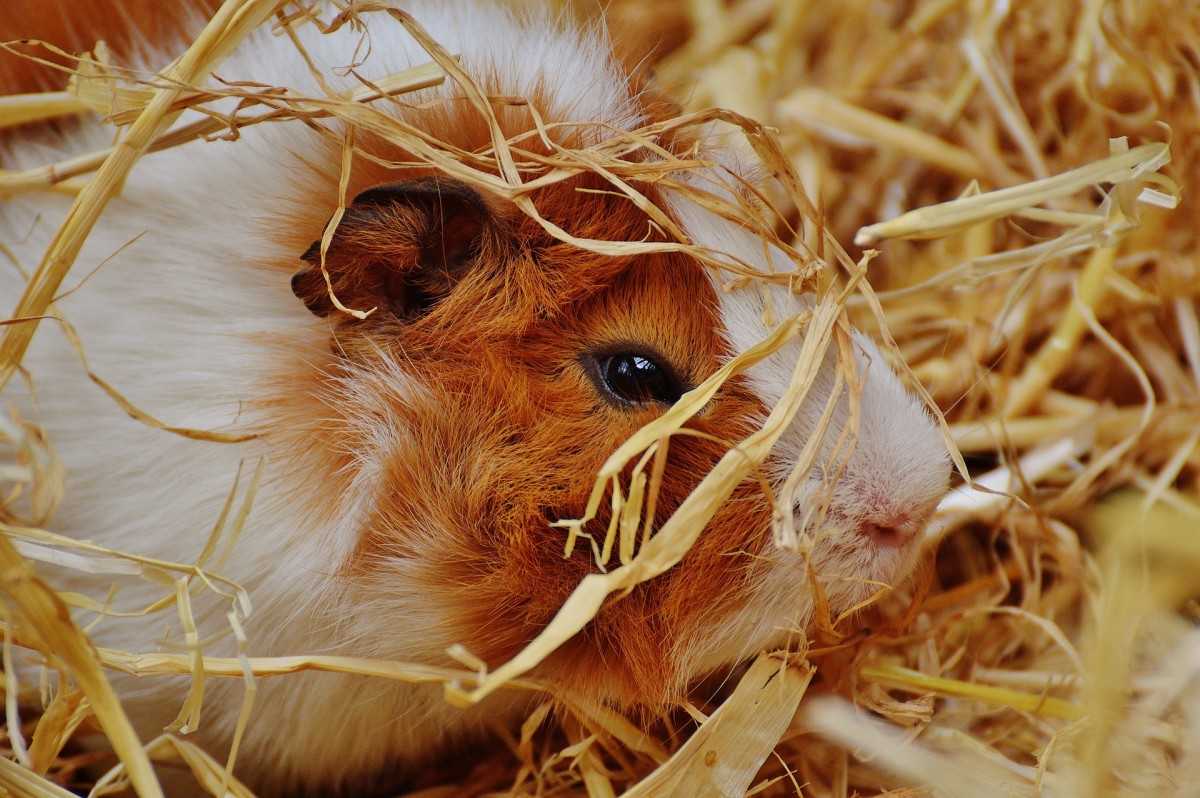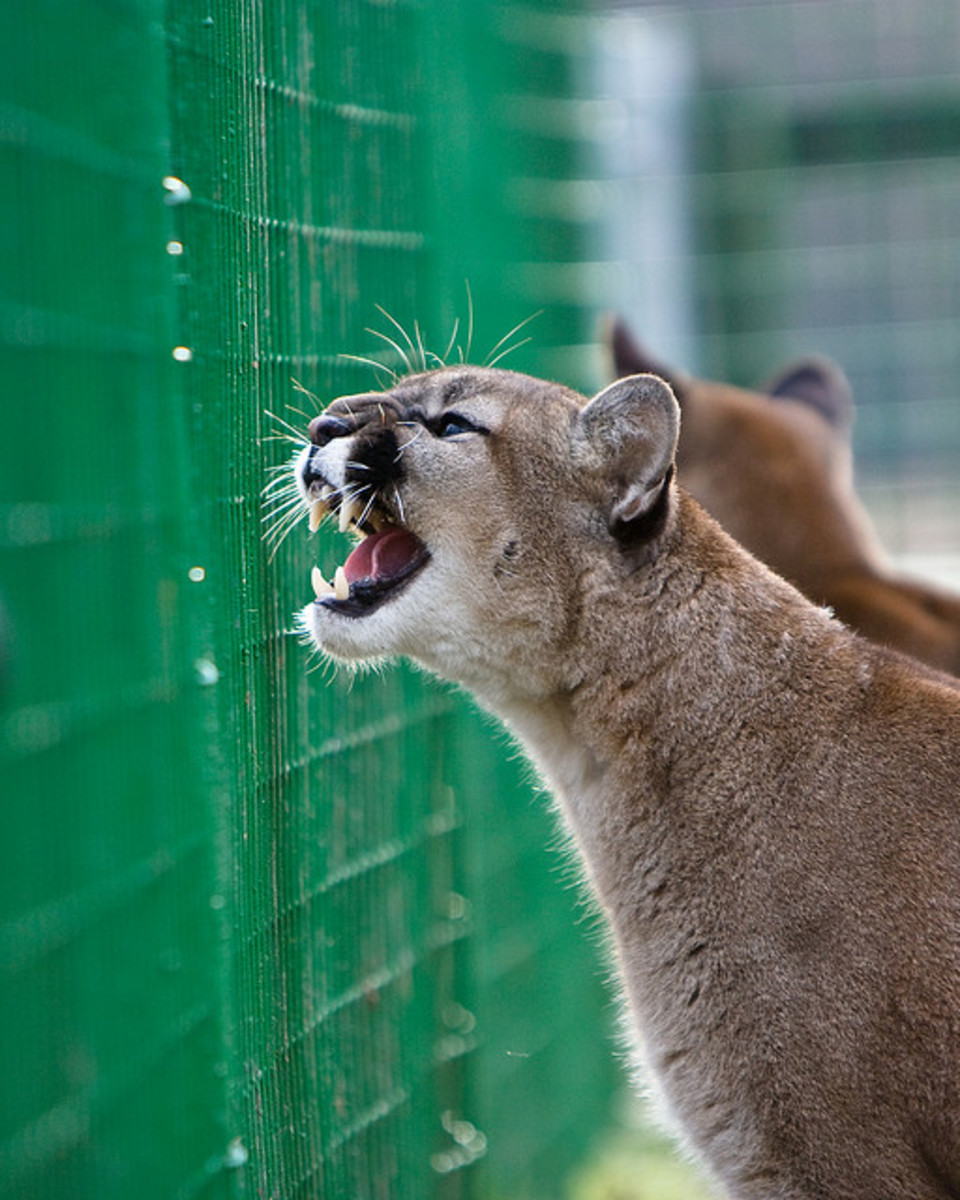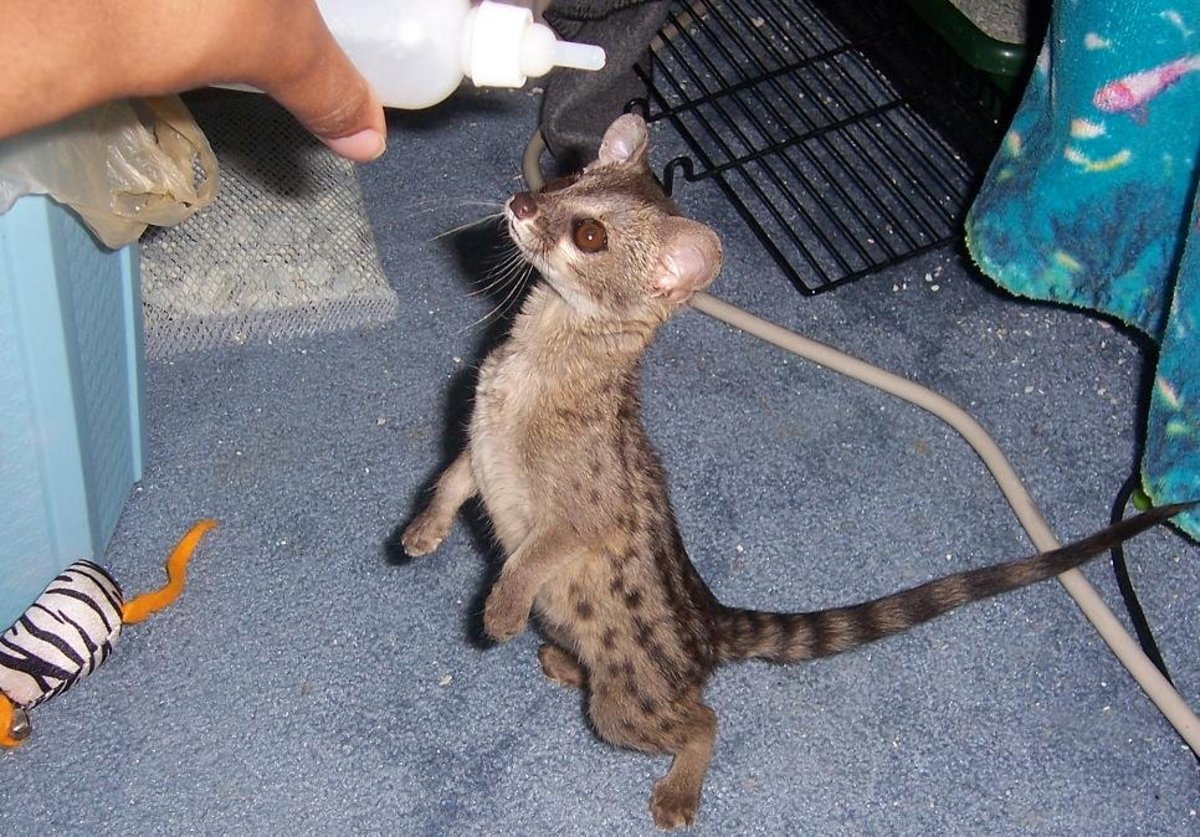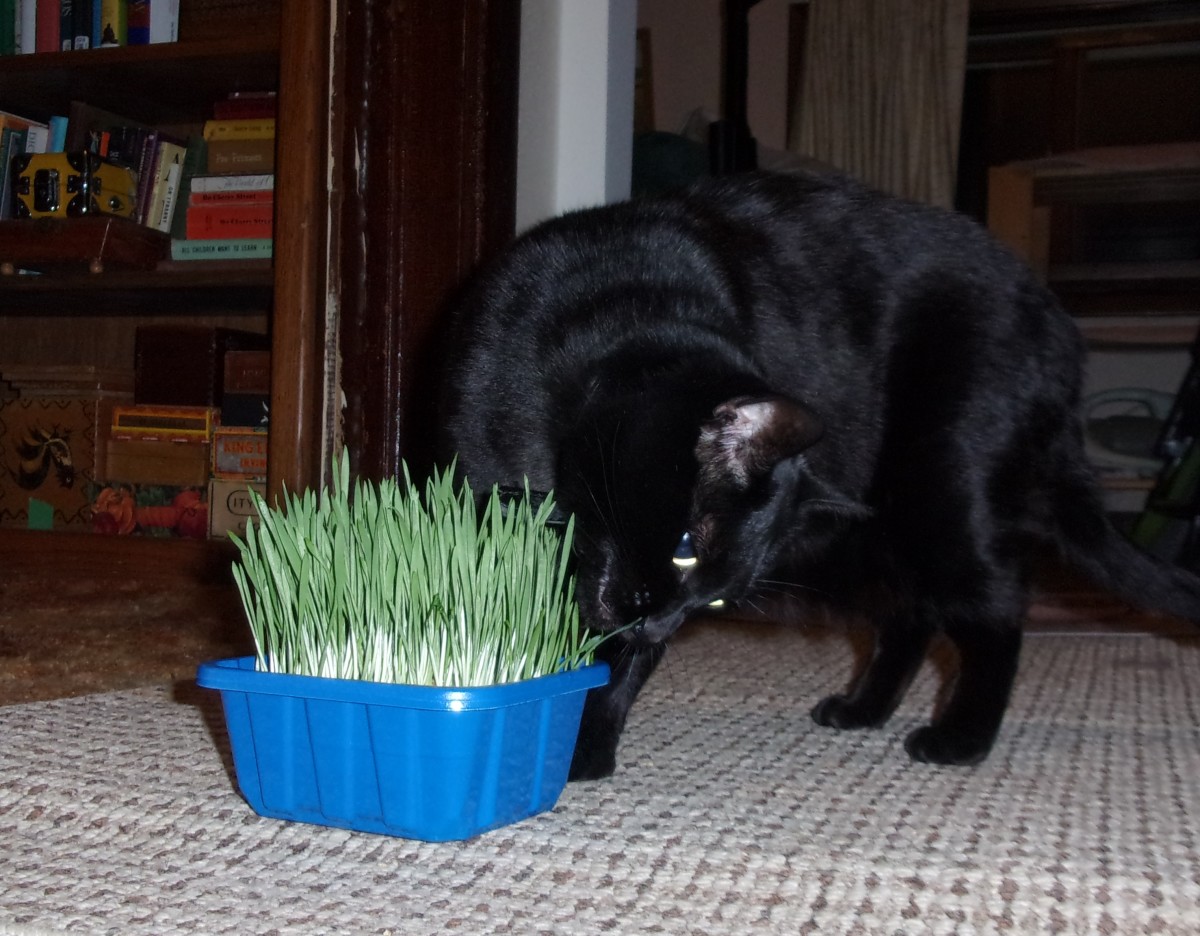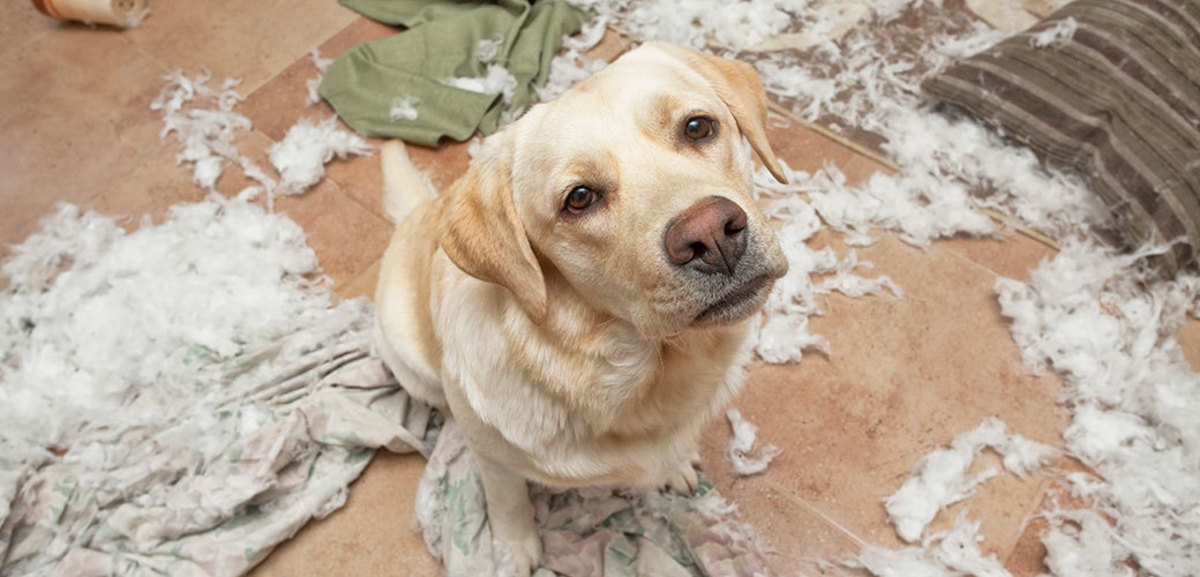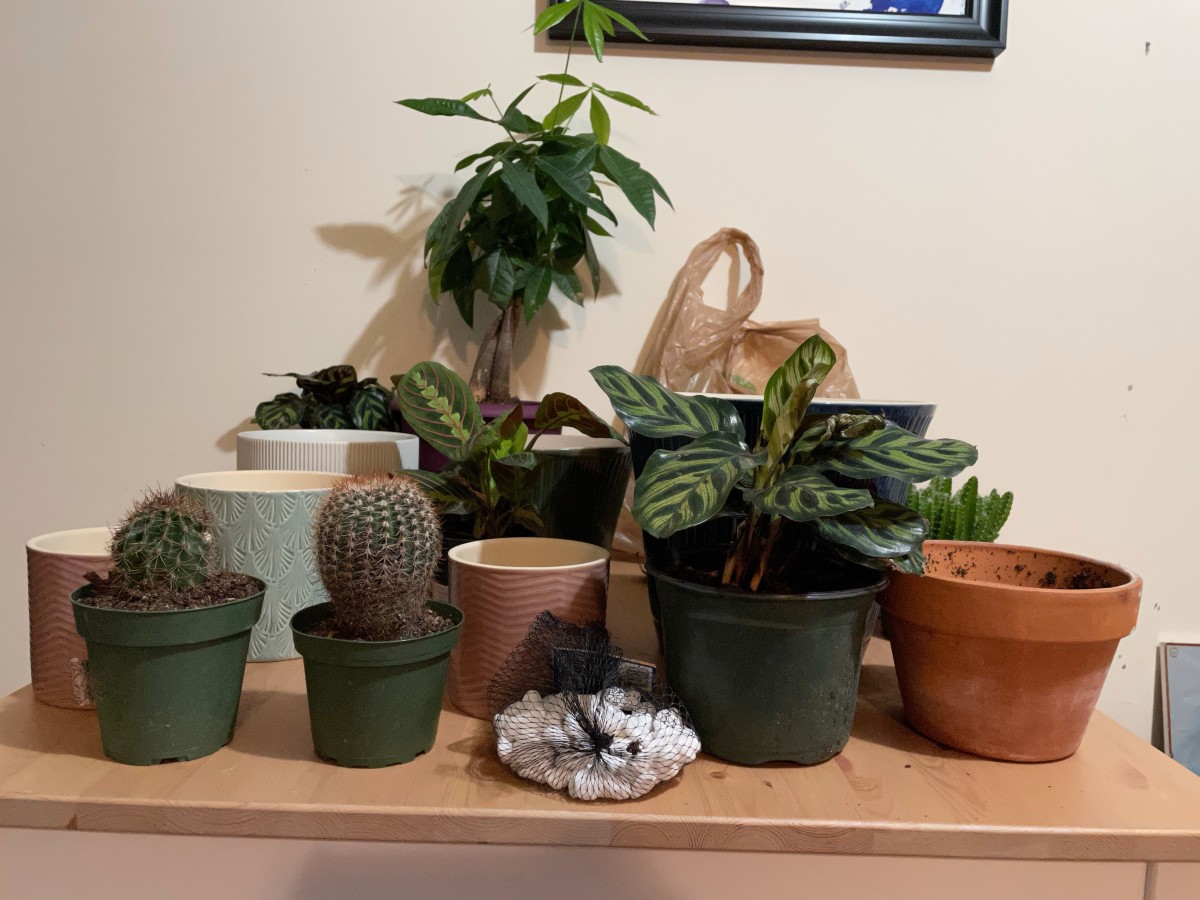How to Choose the Right First Pet for Your Child
A wide variety of animals are now kept as pets and can bring a lot of happiness, fun and comfort to the lives of the people around them. A pet can be a fun companion and friend to a child and animals have been shown to be beneficial in teaching children about responsibility and caring for others. Animals have also proved to be beneficial companions for children who have special needs such as autism.
Animals bring us closer to nature and can help to restore good health as well as bring us a sense of well-being and calm that in the busy and often stressful modern lifestyle can be forgotten. Today a great selection of animals can be kept at home and each has many varieties, some of which may be more suitable than others depending on your individual circumstances, budget, space and time that you can commit to caring for your pet. Different breeds of dogs for example can vary greatly in whether they are likely to enjoy a lot or a little exercise and long haired breeds of any animal will require more time and care than those that have short coats. Of course these factors are guides and each individual animal will have its own personality, likes and dislikes just as people do.
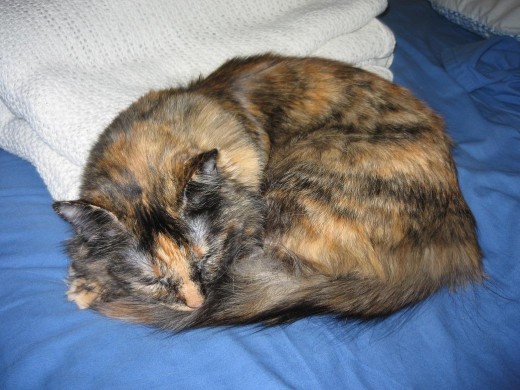
Children will often wish to have a pet living at home and may even ask one of their own even if there are already animals in the home. They may beg and plead hoping that you will give in and agree without fully understanding that the decision to have a pet is not a simple one and in fact has a lot of factors to consider. Animals kept as pets are completely reliant on their owners for all their basic needs such as warmth, shelter, food and good medical care as well as to needing them to spend time with them and show them love and care. An animal’s lifespans vary from a few years to up to around nineteen years for dogs and cats and a tortoise could possibly live longer than you or your child do! However keen your child may seem at the time, many children become bored or too distracted by other thing to properly care for a pet after even a short amount of time. The responsibility then will fall on you or another adult in the house to ensure the animals are properly looked after and provided for. With this fact in mind it is important to only agree to keep a certain animal or even one at all if you would be able and willing to care for it if your child changes their mind later on.
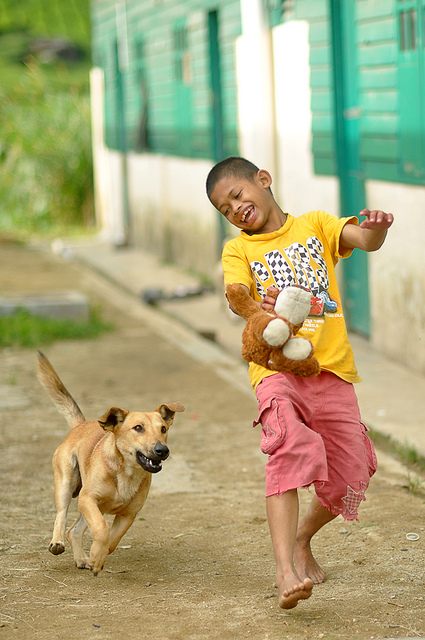
What pets do you have at home?
Animals can be very expensive over their lifetimes. Some are very expensive to buy in the outset or need a lot of equipment such as cages, special lighting, heaters or bedding materials. Any cage or enclosure should be large enough to provide enough space for the animal to run around freely and enjoy life. When buying cages consider how much your pet will grow and whether it would be more economical to buy a larger cage at the outset than having to replace it in a short time. Depending on your DIY skills you may be able to save money by building cages and enclosures yourself. Plans can be found online and in books to build items such as rabbit hutches and runs, small rodent cages or tortoise tables. Not only may these save money but they can be designed and built to suit your own tastes and to fit the space you have available.
Pet food can be expensive depending on what your pet eats and how much. Each animal has its own dietary needs and will have personal preferences as well. It is important to learn how to provide the correct diet to ensure your pet remains in optimum health. Not only will this mean that they are happier but it will also mean that they are less likely to become ill and need expensive veterinary care or medication. As is the case with human foods, some bought pet foods are better quality than others and so are healthier choices.
Even when they are given healthy food and good care animals, like humans may still get ill or have accidents so it is important to account for the cost of vet bills. Insurance is available for some animals but be sure to read all the information and small print to be sure what exactly in included or not in the policy. Another option would be too open a savings account and pay in a few pounds a week in order to build up a veterinary fund. Other health costs can include vaccinations, worming and flea treatments.
All animals enjoy and benefit from having company and interacted with. If possible do not keep them alone. This is especially true for very sociable animals such as rats or guinea pigs. Be careful of sexing animals that are to be kept in pairs or more as many can breed fast leaving you with the large problem of paying for and caring for them and also finding suitable caring homes for any offspring that you cannot keep. Although it was often done in the past it is best not to keep rabbits and guinea pigs together. This is due to the fact that each has their own dietary needs and rabbit food can contain a chemical that although beneficial to rabbits is toxic to guinea pigs. There is also the risk that the rabbit may injure the more delicate guinea pig accidentally with its powerful hind legs. Small caged pets such a rabbits, guinea pigs, hamsters or rats need daily handling and play to keep them happy and stimulated as well as ensuring they are happy to be handled by humans. Getting to know your pet and handling them regularly also makes it easier to tell when there is something wrong quickly. Dogs need to walked and given a chance to socialise with other dogs and cats will need access to outside.
Often the first choices for children’s pets are animals such as rabbits, goldfish, small birds or hamsters. Although these can be good choices there are also other less considered animals that can make just as great pets. Small snakes, tortoises and lizards such as bearded dragons can be excellent pets for children, especially in households where allergies are a problem as they do not have fur or require problematic food and beddings such as hay. They also tend to be less strongly smelling than other animals. Other animals to consider as pets could be chickens, ducks or other small bird such as quail. Once they reach laying age these will also supply your family with a regular supply of fresh eggs.
Common small pets chosen for children
Click thumbnail to view full-size




Once you have decided to get a pet and on what type be sure to find a reputable breeder or shop to ensure that they will come from a happy home and be free of any health problems. If possible look into rescuing an animal from a rescue centre as there are many unwanted animals of all kinds looking for new loving homes all over the country. The staff at the centres will also be able to help you in deciding which pet would be suitable for your family and in matching you with a suitable individual animal. They will ensure that all animals leaving their care are healthy and happy and are up to date with things such as vaccinations and worming and flea treatments.
© 2013 Claire


